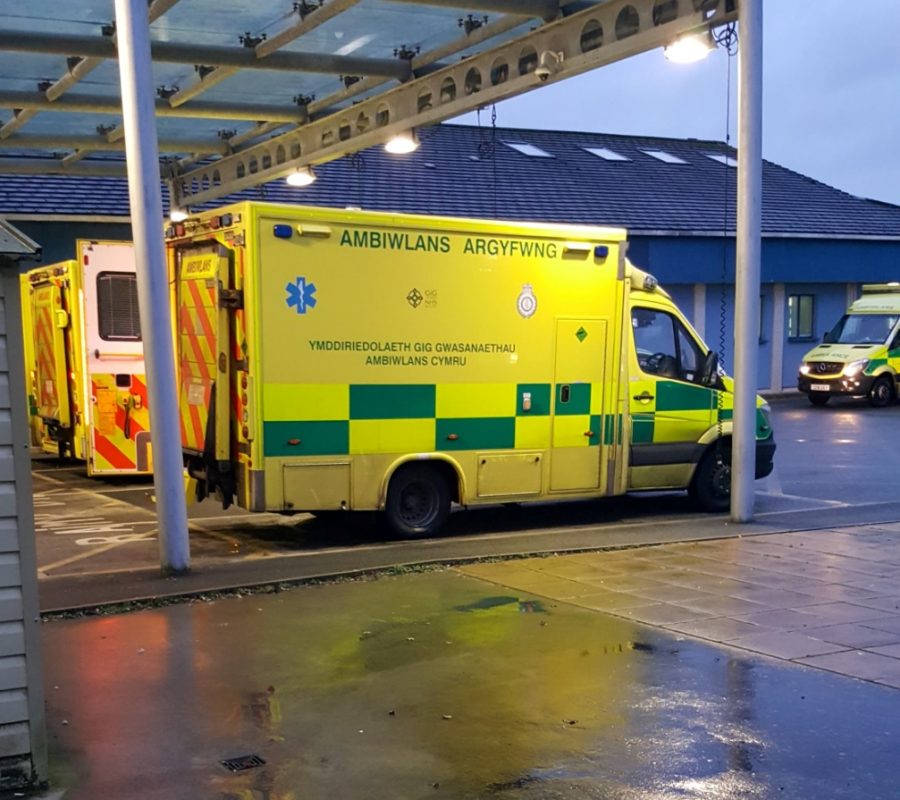THE NHS in Wales has been facing significant challenges this winter, with an exceptionally high number of emergency calls and delays that have put immense pressure on its staff and resources, according to the latest activity and performance statistics.
In January, the ambulance service received 5,009 red (life-threatening) calls, accounting for 13.9% of all calls. Despite a slight decrease from December, with an average of 162 life-threatening calls per day, this figure remains the third highest on record. The response times for these urgent calls have also been under scrutiny, with 48.8% of red calls receiving an emergency response within eight minutes, marking the second highest achievement for this metric. The average response time for these calls was 8 minutes and 11 seconds.
The performance data also revealed that approximately 27,000 hours were lost due to handover delays at hospitals, highlighting the systemic pressures faced by the health service. Despite these challenges, nearly all health boards came close to meeting the target for 97% of patient pathways waiting less than two years by 2024, missing it by a mere 0.03%.
Nesta Lloyd-Jones, Assistant Director of the Welsh NHS Confederation, commented on the impact of the winter pressures and the exceptional demand on NHS services. “The monumental efforts of our staff have led to some improvements, such as a decrease in the number of people waiting the longest for treatment in December. However, the progress is threatened by the junior doctor strike action in January and February, which has led to a significant number of planned care procedures being postponed.”
Lloyd-Jones stressed the need for comprehensive planning and significant investment in NHS infrastructure and social care to ensure the health service can continue to improve and meet the demands placed upon it. “Good planning alone is not enough. Without significant capital investment and a whole-nation approach to health and wellbeing, alongside substantial changes to social care funding and provision, the progress of NHS leaders will be limited.”

The Welsh NHS Confederation, which represents the seven local health boards, three NHS trusts, and other health organisations in Wales, has been vocal about the challenges faced by the NHS and the need for strategic investment and support to navigate through these difficult times.












